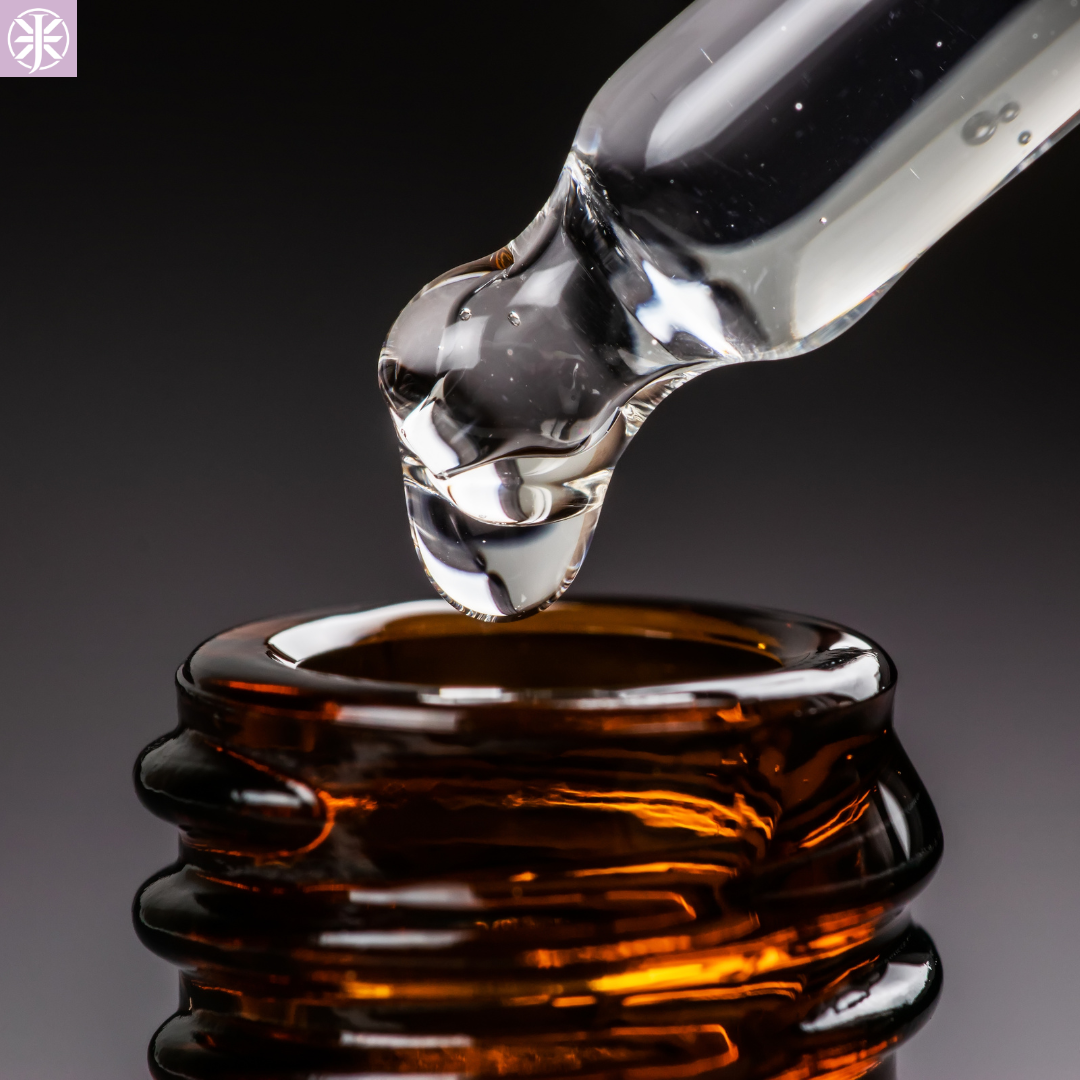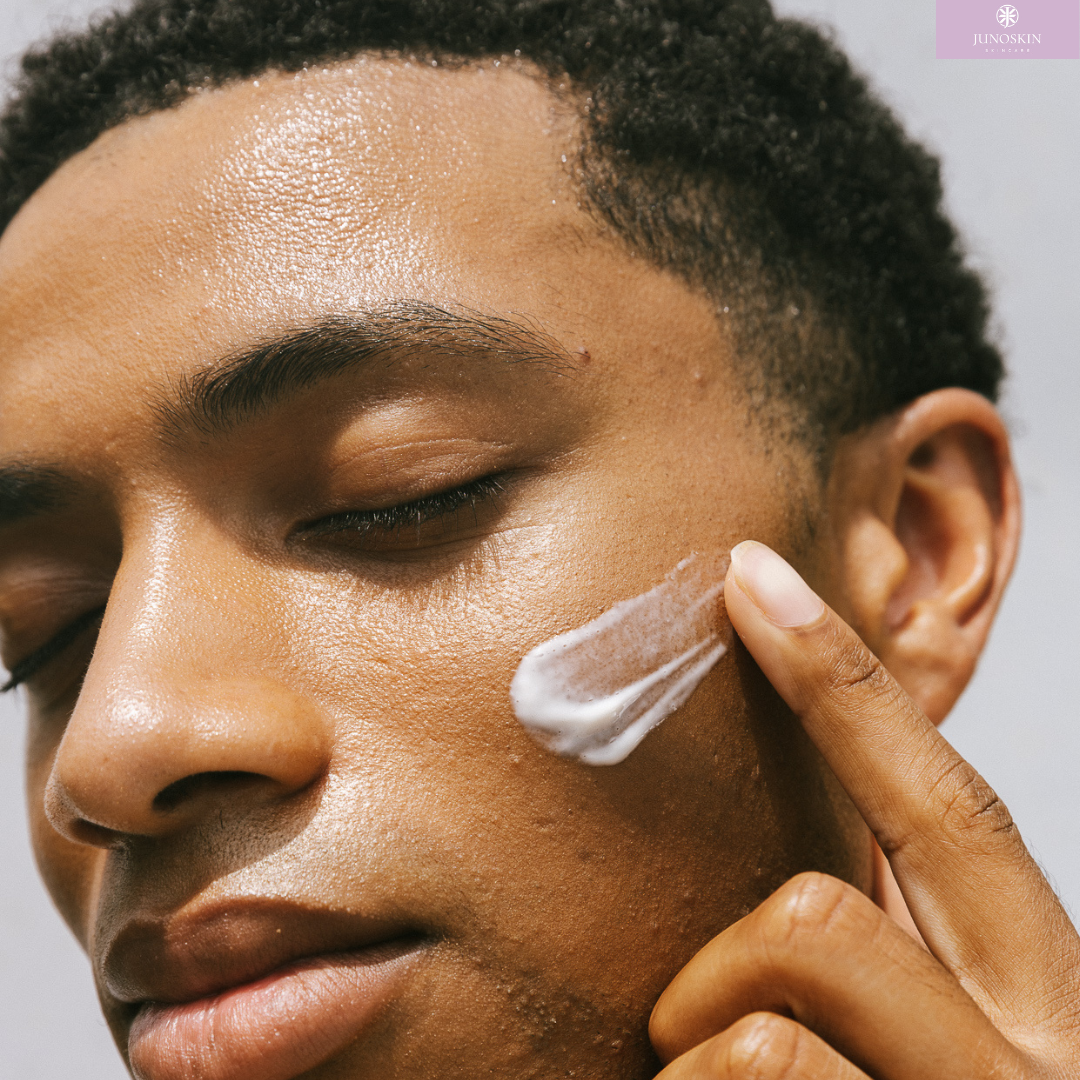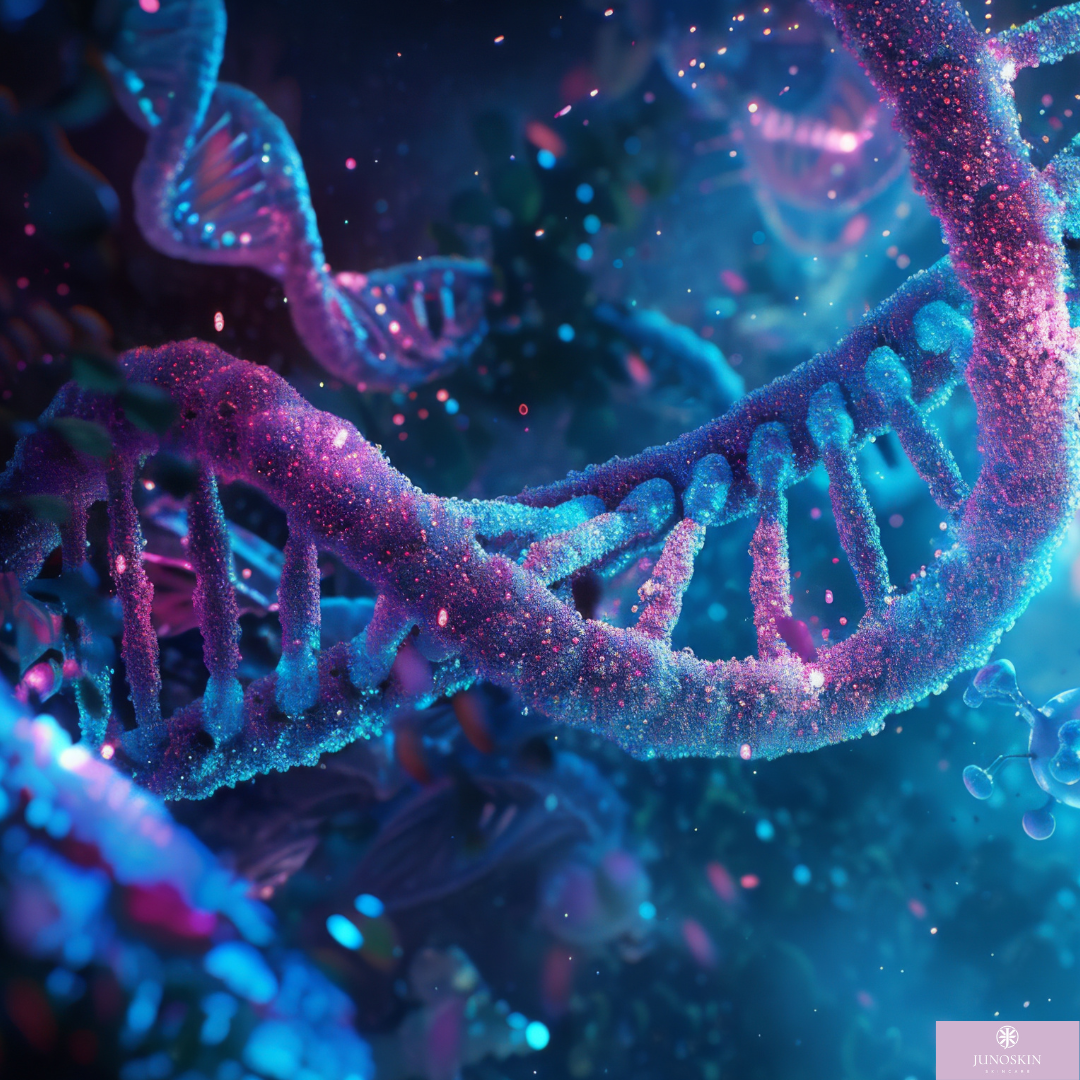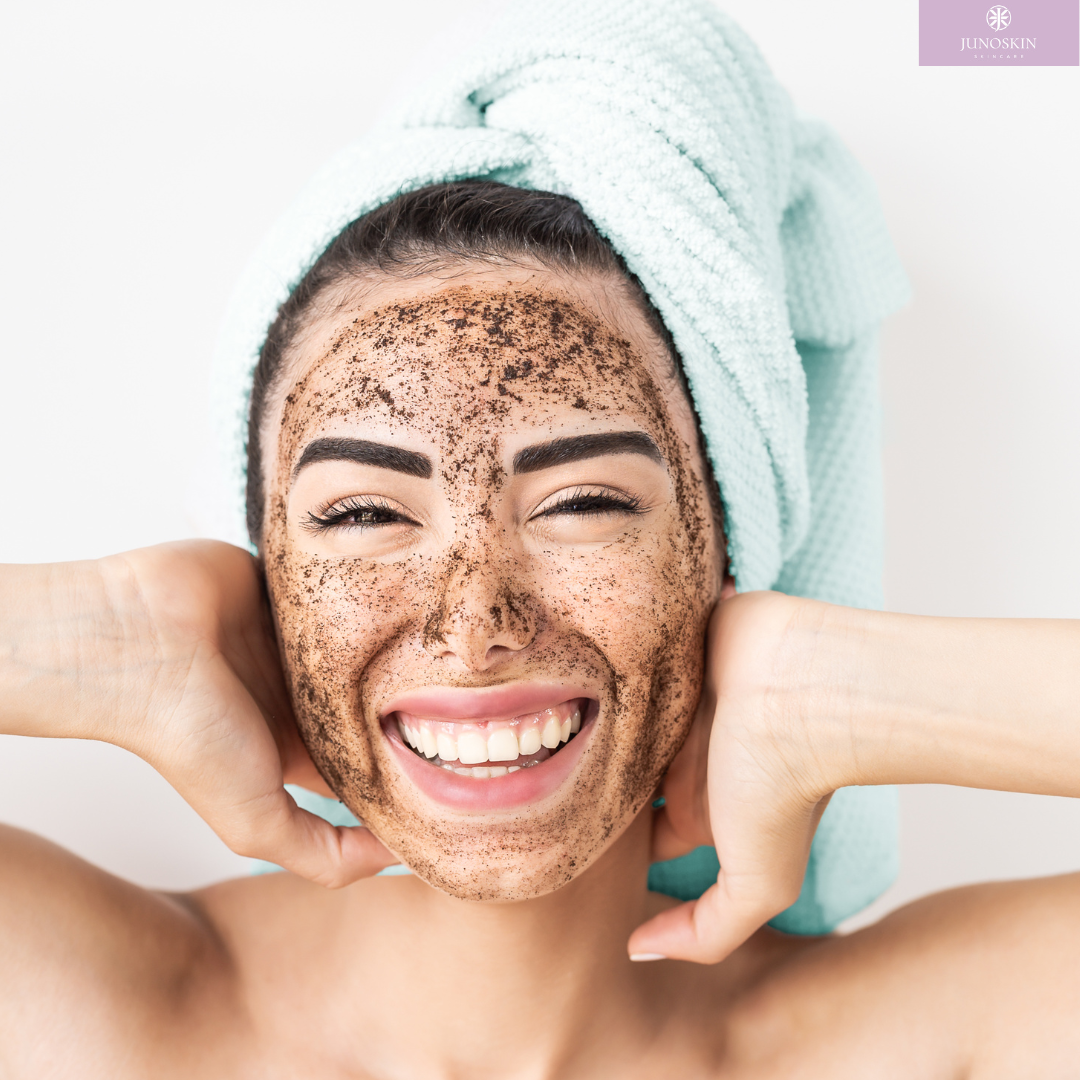As we age, our skin naturally loses hyaluronic acid (HA), a substance critical for maintaining hydration, volume, and elasticity. This decline contributes to visible signs of ageing, such as wrinkles, sagging, and a dull complexion. Understanding the factors behind HA loss can help in developing effective skincare strategies to slow this process.
The Role of Hyaluronic Acid in the Skin
Hyaluronic acid is a glycosaminoglycan, a type of molecule with an exceptional ability to retain water, holding up to 1,000 times its weight in moisture. In the skin, HA is found in the extracellular matrix, where it maintains moisture balance, supports collagen and elastin fibres, and creates a plump, smooth appearance. As an essential component of skin hydration, HA helps skin look youthful and resilient.
How Hyaluronic Acid Declines with Age
The body’s natural production of hyaluronic acid starts to decline in our late 20s to early 30s. The primary reason for this decrease is the aging process itself, which slows down cellular turnover and the function of fibroblasts—cells responsible for producing HA, collagen, and elastin. Additionally, enzymes called hyaluronidases break down HA in the skin, and their activity tends to increase with age, accelerating HA loss. External factors such as sun exposure and pollution further speed up this decline by damaging skin cells and promoting inflammation, which increases hyaluronidase activity and decreases HA levels.
Impact on Skin Appearance and Function
The reduction of HA results in the skin’s diminished capacity to retain moisture, causing it to become drier and more prone to wrinkles and fine lines. Skin elasticity is also affected because HA contributes to the structural integrity of the skin by maintaining collagen and elastin. With less HA, the skin’s ability to recover from stretching or external damage weakens, contributing to a loss of firmness and volume, as well as a more aged appearance.
Slowing Hyaluronic Acid Loss
While HA loss is inevitable with age, certain strategies can help preserve its levels and mitigate skin ageing. Topical HA products, such as serums and moisturisers, can help provide temporary hydration on the surface level. Additionally, protecting the skin from UV damage and pollution, maintaining a healthy diet rich in antioxidants, and using products that stimulate fibroblasts (such as retinoids) can support the skin’s natural HA production and help slow the loss.
We recommend you check out:
SUNSCREENS
ANTIOXIDANTS
HYDRATORS
RETINOLS
Not sure which product is for you? Book in for a video consultation. Information on how to HERE.





